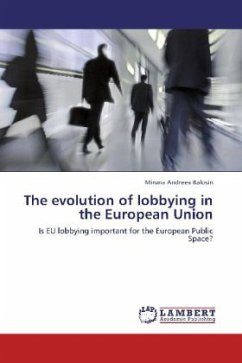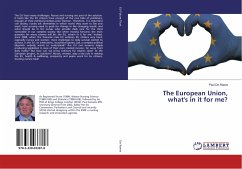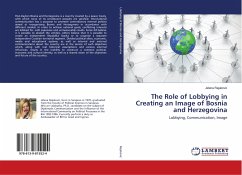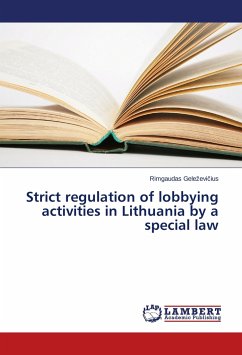The thesis offers to demonstrate the evolution of the lobbying activity and its influence over the European Union. It also proposes a framework for possible resolutions of the current situation and improvement suggestions that should contribute to the amelioration of the future lobbying activity in terms of a better access to the EU institutions and an earned recognition. The central question guiding this thesis relates to the ability of lobbyists to participate actively in the EU decision-making process and to influence the EU decision-making arena by making their issues and interests heard in Brussels. One of the aims of this paper is to give an overview on the evolution and growth of this trend, on the recent studies devoted to interest intermediation and lobbying patterns. After the definition of lobbying and description of the actors, this paper relates to the discussion about the democracy (democracy deficit) in the EU and presents the approaches of political science to thephenomenon of lobbying. The chapters deal with the creation of a European public space, the techniques of lobbying and particularities of EU institutions related to lobbying activities.
Bitte wählen Sie Ihr Anliegen aus.
Rechnungen
Retourenschein anfordern
Bestellstatus
Storno








